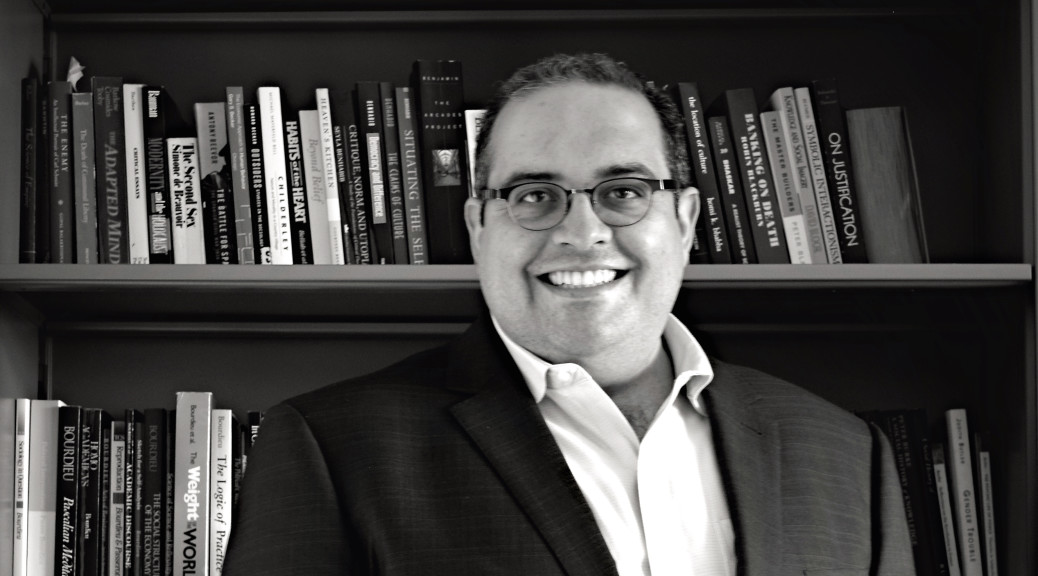SHAMUS KHAN
Associate Professor of Sociology
When Alondra [Nelson] first asked me about joining IRWGS, she said to me, “Well, one big advantage of joining is that you will meet the power women of the university.” The Jean Howards and Alice Kessler-Harrises of the university, chairs of departments, things like that. This is one of the institutional homes of the power women. She said, “We’re a pretty male department. It’s important for you to do this anyway, I think. You should really think about it.”
There was also a sense, I think, when Alondra took over, of a little bit—it’s hard to me to say, but—unease because it seemed as if it was a little rearrangement of the institution. I don’t know if there hadn’t been a lot of new people joining in previous years, but it seems like there’s just a lot of new people there, drawing from a wide range of places, scientists. Not all of them clearly do research on gender, women, and sexuality. Some of us are peripherally—like, it’s a secondary research project, or it’s a different kind of research. There’s stuff on men and masculinity. It’s also from, like I’d said, biology, but also a broader range of disciplines, so not as humanistic in its approach.
It’s an interesting shift because I think that the primary teaching that goes on in that department, in the institute, happens through the history/humanistic people, but the people who are making up the—like, I’ve never taught a course that was cross-listed with IRWGS. I suspect I’m not totally unique in that way. It’s strange, on the one hand, for me to be on the Executive Committee because of my very—what is it that I do for the institute? It’s not totally clear.I think that the bringing in of these new people has brought in new people, but I don’t know how much restructuring there’s been of the overall curriculum and place of the institute. The role that we have to play, I think, is still to be determined in terms of driving the institute forward in the years to come.

